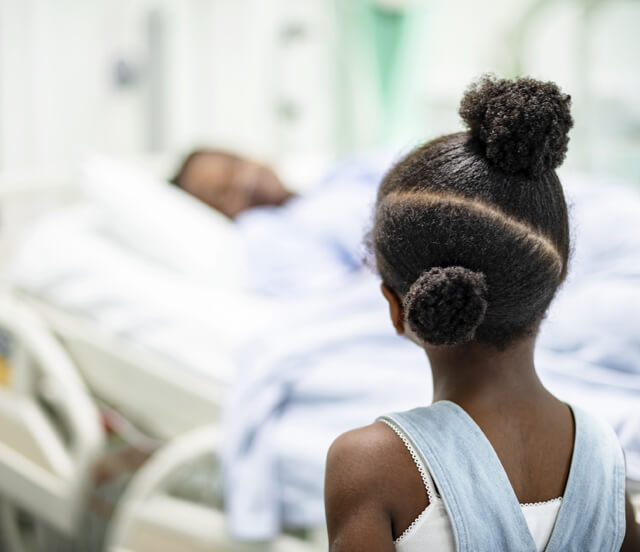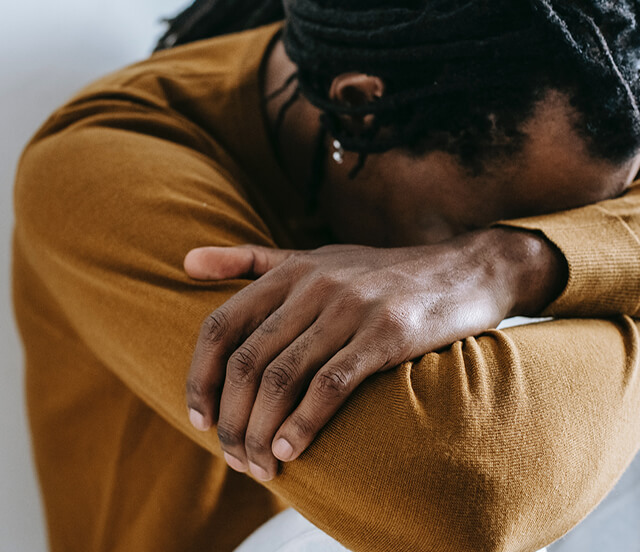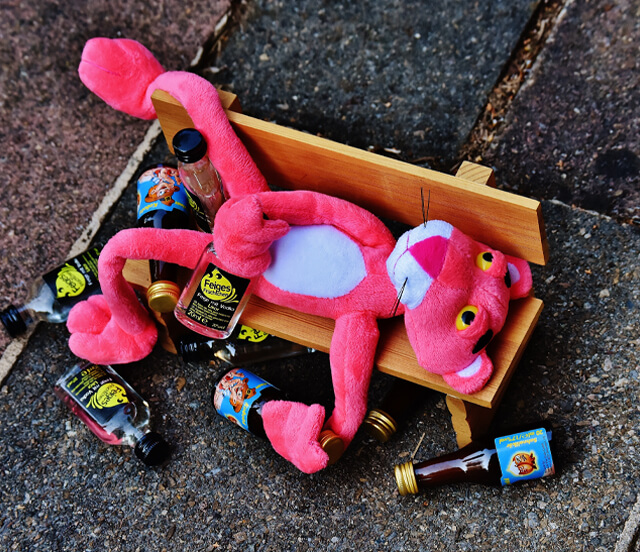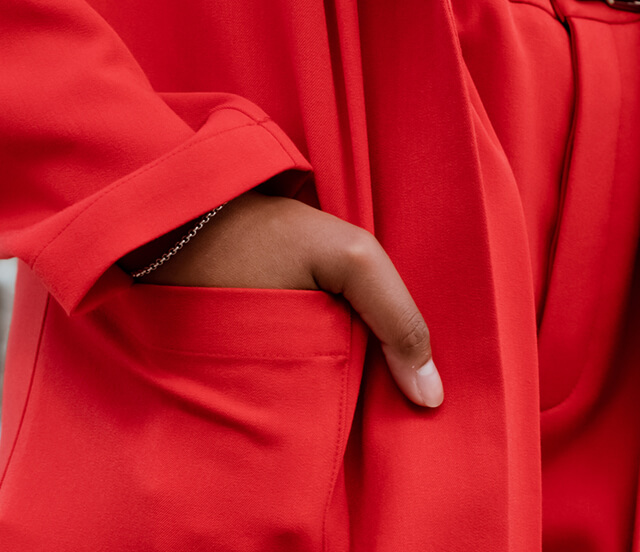by Anne Plaatjies- Hanase
My father has been sick for a long time.
It feels like an endless list of health scares, roped together by anxiety, expenses, scared eyes and silent whispers; maybe this time is the last time. My siblings and I share a stomach, where the knot that ties us together is the anticipation of our father’s death, and the anxiety we each navigate as we assume our roles in taking care of him. In our collective stomach we share our love for our father, while swallowing down the bile of duty. Here, we function not as ourselves, but as duty dictates, as children of the home. In a recent conversation with an older family friend, who had inquired after my father’s health and wellbeing, I responded that he is still ill, but that I am taking a step back from the care work. His response baffled me, because it was steeped in such simple family logic, which always invokes selflessness. “You can’t take a break from yourself. In caring for your father, you are caring for yourself”. His response left me uneasy, and I have since thought at length about what informs this duty, what pillars hold it together, and why the particular texture of this duty – the duty of caring for sick parents – is so bound up with forgetting; forgetting that we too need care, we too need rest, and that we might not recover ourselves in performing our duties as the children of the home.
Niq Mhlongo’s book Black Tax: Burden or Ubuntu, unpacks alongside fellow writers, the various dimensions to financial black tax, and offers insights into the distributional mileage of the finances of mostly middle-class black people, who have to look after their family members. The concept of black tax has been in the lexicon of black people for longer than we care to trace, and akin to taking care of ailing and sick parents, it’s rooted in duty. The collision of duty and care has created an interesting standoff between personal boundaries and familial and cultural expectations around care work. My siblings and I are well versed in the language of self-care and boundaries, and are able to assert that quite naturally, in all but one scenario. In this standoff we are the losers, because we have been doing this dance of duty for so long, that our tongues bend in agreement, irrespective of what it might cost us. Being the children of the home has its own implications; it costs something, demands things, and denies us other things.
If I could re-imagine duty for us, as black people, as black children, what would that look like? To me, duty re-imagined, would be a duty that is nested in care and not forgetting; duty that acknowledges the ways in which sickness and ill-health tears at the emotional bandwidth of those involved in caretaking roles; duty that gives recognition that the weight thereof is heavy, and that we haven’t yet fully developed the muscles to shoulder it without faltering. In reimagining duty, the many roles we perform outside the house must be acknowledged, and home should not become another site of performance, especially not the performance of duties. Duty re-imagined to me, allows my tongue to say I am tired, without it tasting like betrayal.






